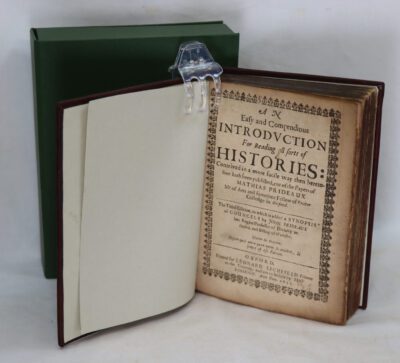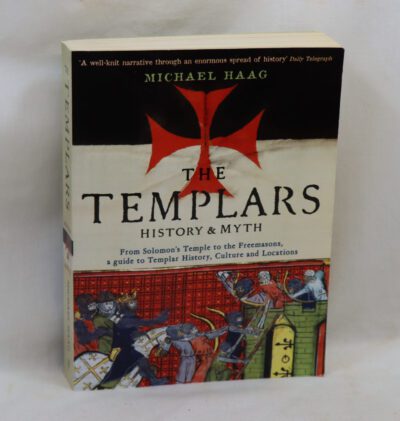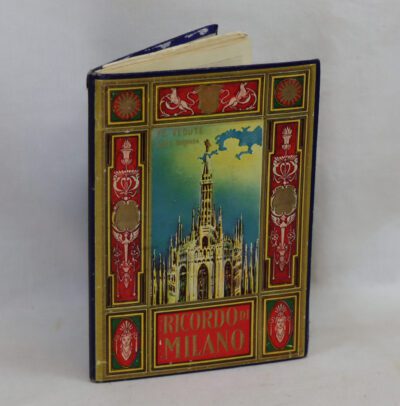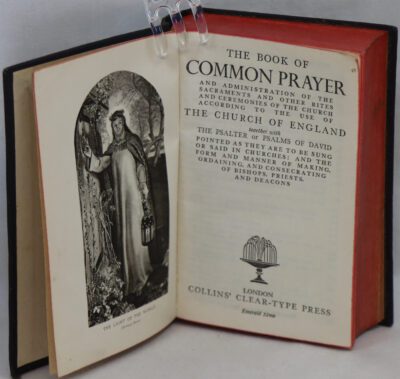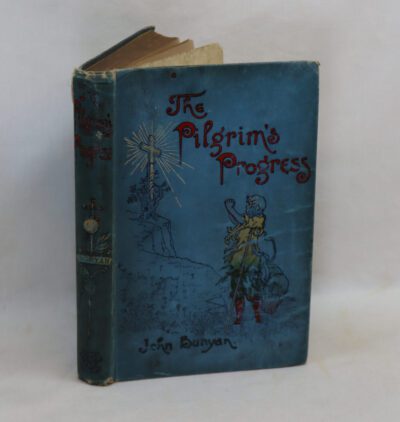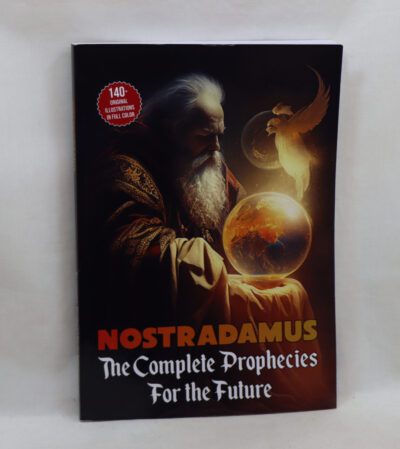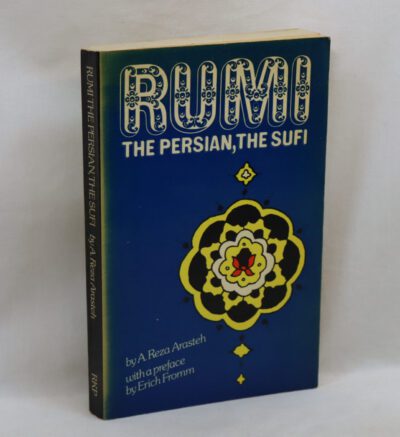The Vision; Hell, Purgatory and Paradise.
By Dante Alighieri
Printed: 1831
Publisher: John Taylor. London
| Dimensions | 12 × 18 × 2 cm |
|---|---|
| Language |
Language: English
Size (cminches): 12 x 18 x 2
Condition: Very good (See explanation of ratings)
FREE shipping
Your items
Item information
Description
Red cloth bindings with black title on the spine. Dimensions are for one volume.
- F.B.A. provides an in-depth photographic presentation of this item to stimulate your feeling and touch. More traditional book descriptions are immediately available.
- Note: This book carries the £5.00 discount to those that subscribe to the F.B.A. mailing list.
The vision : or Hell, Purgatory, and Paradise of Dante Alighieri / translated by the Rev. Henry Francis Cary: in three volumes: Dante Alighieri (1265-1321). Cary, Henry Francis (1772-1844) [translator] Published by London : printed for John Taylor, Bookseller and Publisher to the University of London, 30, Upper Gower Street, 1831. This edition is corrected. With the life of Dante, additional notes and index. The original binding has signs of age though the contents remain in fine condition.
3 volumes. The best edition of Cary’s famous translation. “In January 1797 Cary began his translation of Dante’s Divina Commedia into blank verse. He started with the Purgatorio in 1797-8, but in 1800 he turned his attention to the Inferno, and it was this part which was published first, in 1805-6, accompanied by the Italian text. Sales were small, but Cary continued, and his translation [of the complete Divine Comedy] was completed in 1812. Cary was not adept at self-promotion, and his translation initially attracted little attention Then in October 1817 he made the acquaintance by chance of Coleridge at Littlehampton, and the praise which Coleridge gave to Cary’s Dante in a lecture early in 1818 (reinforced by a favourable article by Ugo Foscolo in the Edinburgh Review) led to the sale of 1,000 copies [of the collected edition] in less than three months, and the publication of a second edition in 1819. “This work is his chief claim to fame, and it remained a standard text well into the twentieth century, despite the fact that the number of translators of the work between 1782 and 1966 amounted to eighty-four. Cary’s version was admired by Wordsworth, Keats, Lamb, Coleridge, Macaulay, and Ruskin, and in 1966 the author of a work on translations of the Divina Commedia wrote ‘Cary’s version still holds its place as a minor classic, thanks to the fact that its author was a competent versifier with some poetic perception’ [G. F. Cunningham, The ‘Divine Comedy’ in English: a critical bibliography.
Dante Alighieri (May 1265 – September 14, 1321), most likely baptized Durante di Alighiero degli Alighieri and widely known and often referred to in English mononymously as Dante was an Italian poet, writer, and philosopher. His Divine Comedy, originally called Comedìa (modern Italian: Commedia) and later christened Divina by Giovanni Boccaccio, is widely considered one of the most important poems of the Middle Ages and the greatest literary work in the Italian language.
Dante is known for establishing the use of the vernacular in literature at a time when most poetry was written in Latin, which was accessible only to educated readers. His De vulgari eloquentia (On Eloquence in the Vernacular) was one of the first scholarly defenses of the vernacular. His use of the Florentine dialect for works such as The New Life (1295) and Divine Comedy helped establish the modern-day standardized Italian language. By writing his poem in the Italian vernacular rather than in Latin, Dante influenced the course of literary development, making Italian the literary language in western Europe for several centuries. His work set a precedent that important Italian writers such as Petrarch and Boccaccio would later follow.
Dante was instrumental in establishing the literature of Italy, and is considered to be among the country’s national poets and the Western world’s greatest literary icons. His depictions of Hell, Purgatory, and Heaven provided inspiration for the larger body of Western art and literature. He influenced English writers such as Geoffrey Chaucer, John Milton, and Alfred Tennyson, among many others. In addition, the first use of the interlocking three-line rhyme scheme, or the terza rima, is attributed to him. He is described as the “father” of the Italian language, and in Italy he is often referred to as il Sommo Poeta (“the Supreme Poet”). Dante, Petrarch, and Boccaccio are also called the tre corone (“three crowns”) of Italian literature.
The Reverend Henry Francis Cary (6 December 1772 – 14 August 1844) was a British author and translator, best known for his blank verse translation of The Divine Comedy of Dante.
Condition notes
Want to know more about this item?

Related products
Share this Page with a friend



